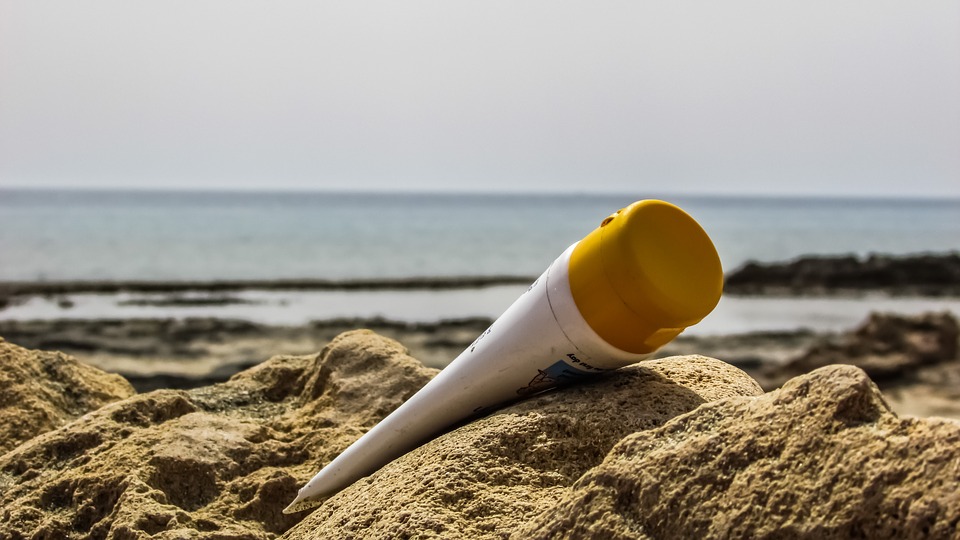Media release
From:
QIMR Berghofer’s legacy in sun safety research continues with new insights into vitamin D and sunscreen use
For 80 years, QIMR Berghofer has been at the forefront of public health research in Australia, shaping national policy and public awareness around sun protection, skin cancer prevention, and sunscreen use. From early studies that helped establish the link between UV exposure and melanoma, to evidence-based recommendations that underpin today’s sun safety guidelines, QIMR Berghofer’s work has saved lives.
Now, a landmark population health study from the Institute adds a new layer of understanding to the conversation: how daily sunscreen use may affect vitamin D levels.
Published in the British Journal of Dermatology, the study from the Sun D Trial found that people who used SPF50+ sunscreen daily for about a year were more likely to be vitamin D deficient than those who used it less frequently. However, researchers are emphatic that this does not mean people should stop using sunscreen.
“Sunscreen remains a cornerstone of skin cancer prevention, backed by decades of robust evidence,” said Professor Rachel Neale, lead investigator of the Sun-D Trial. “Our findings simply suggest that people who are diligent about daily sunscreen use may want to consider vitamin D supplementation as a safe, effective and cheap way to maintain healthy vitamin D levels.”
The study involved 639 participants who were not regular sunscreen users. Half were instructed to apply SPF50+ sunscreen daily for a year (excluding winter in southern regions), while the other half served as a control group. After 12 months, 46% of the sunscreen group were vitamin D deficient, compared to 37% in the control group.
Vitamin D plays a role in bone health, immune function, and may influence other health outcomes. But unlike UV exposure, which increases skin cancer risk, vitamin D deficiency can be safely addressed through diet and supplements.
“There’s no evidence that sun exposure is more effective than supplementation for maintaining vitamin D,” said Professor Neale, noting there may be other benefits to sunlight exposure. “Given the risks of skin cancer, especially in Australia, we strongly advise people not to change their sunscreen habits.”
What this means for Australians
- Continue using SPF50+ sunscreen daily when the UV index is forecast to reach at least 3
- Consider vitamin D supplements if you consistently use sunscreen as part of your usual daily routine
- Remember: sun protection saves lives, and sunscreen is a proven tool in reducing melanoma risk
QIMR Berghofer remains committed to advancing public health through rigorous peer reviewed research, and this study reinforces the importance of balanced, evidence-based guidance in protecting Australians from both skin cancer and vitamin D deficiency.



 Australia; VIC; QLD; WA; ACT
Australia; VIC; QLD; WA; ACT



